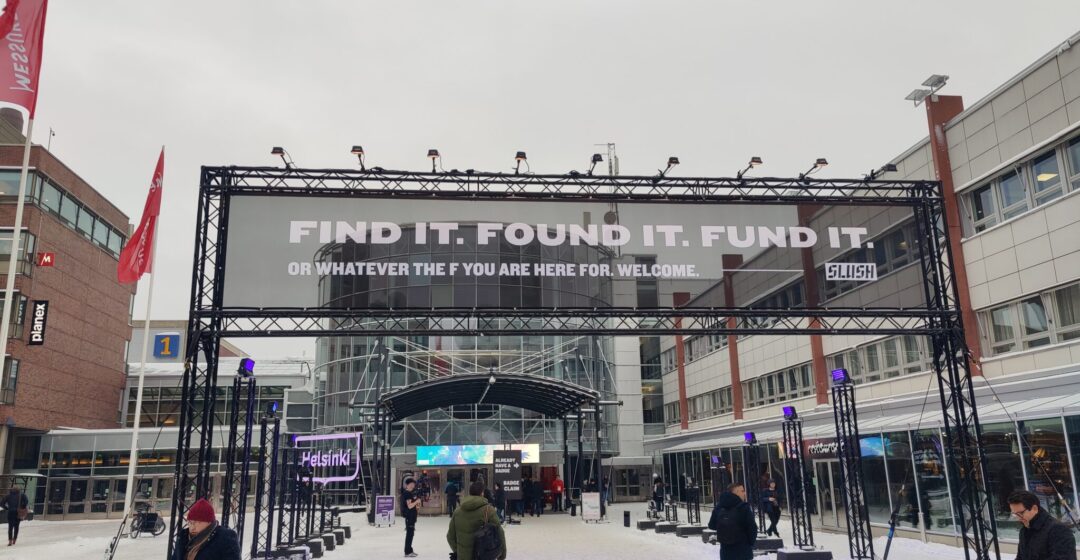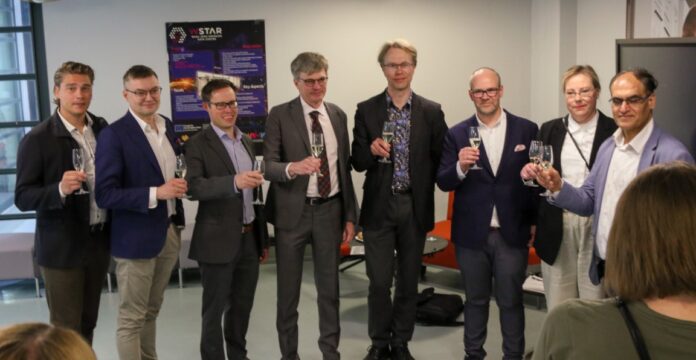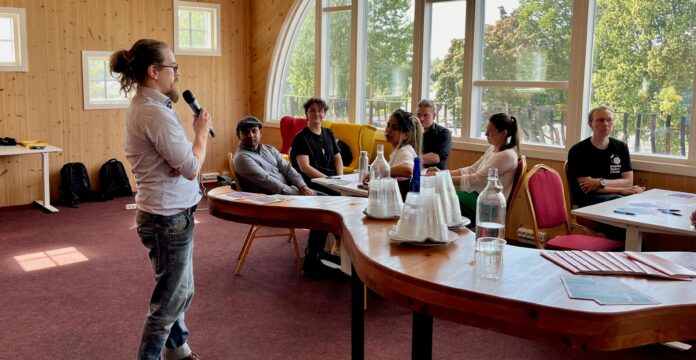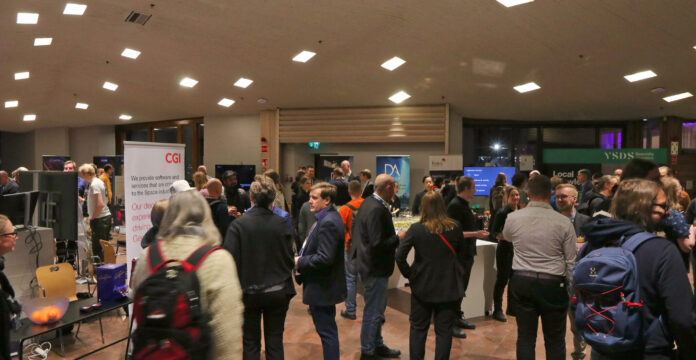For many years, I have always wanted to go to Slush because of the many good things I heard about it. Thanks to the University of Vaasa competition, I had a chance to visit the event. Here are the key insights I have gained:
Business Advice for Entrepreneurs
Sophia Bendz, Taavet Hinrikus & Markus Villig discussed the global success of Baltic companies. The conversation revolved around the crucial aspects of customer-driven expansion, emphasizing a clear customer value proposition, effective branding, and strategic marketing. They also stressed the importance of building relationships with people, being pragmatic, analytic, and optimizing everything. Drawing from their experience in building Bolt over a decade, Markus Villig emphasized the need for resilience. “Highs and lows are following each other very quickly, keep on going and believe,” he concluded. The speakers encouraged entrepreneurs to trust their instincts and not necessarily follow the standard path. For example, Bolt did not receive funding from venture capitalists. Their message was clear: trust your understanding of what is best for your company.
Small Details, Mentors, Work and Life Balance

Nico Rosberg, former Formula 1 champion, in conversation with Robert Lacher, shared his insights on how to be a successful founder and a sportsman. He emphasized the importance of extreme focus and elimination of all possible distractions to achieve the goal. He talked about marginal gains and attention to really small details. For example, in racing, one extra kilo is 0.02 extra seconds per lap time. Thus, to reduce weight, he cut holes in the seat, painted the helmet black, cut socks shorter, and stopped cycling to avoid gaining more muscle in his legs. Nico Rosberg’s best advice for young entrepreneurs is to actively seek mentors. He talked about his best mentor, who was a psychologist and helped him address mental challenges. Nico Rosberg, as well as other speakers, such as former Prime Minister Sanna Marin, emphasized the importance of work-life balance and spending time with family.
Solving People Problems
Renate Nyborg launched the new relationship app called Meeno, which is powered by generative AI. She stated that “There are two major threats to humanity: climate change and loneliness. I don’t think I can fight climate change, but I want to make a difference in the area of loneliness.” Rather than aspiring to be a founder, Nyborg’s focus lies in delving into problems, particularly those that impact people. She advocates studying communities first before delving into technology. She concluded, “When I start getting messages saying ‘you changed my life,’ then my company will be a success.”
The Changes with Generative AI

Hilmar Veigar Pétursson, Michael Chow and Moritz Baier-Lentz emphasized the critical balance between exploration and exploitation in the gaming realm. The dialogue brought to light the inherent need for change and evolution in the gaming landscape. Embracing the transformative potential of generative AI requires a departure from the status quo. Gaming companies have to be curious, and curiosity is powerful. They stressed that companies must navigate the delicate balance of maintaining their current standing while actively driving change to stay relevant and innovative. However, with or without AI, we still need people in gaming businesses.
Marc Tarpenning also talked about the future of Generative AI. He said that it is really interesting and there is a lot of hype around it. But he also mentioned that no one is sure exactly what it will do. In about 10 years, he thinks AI will be a big part of everything, but right now, there are still a lot of things we do not know about it.
The Love for our Planet
The Slush event showcased sustainability and set the standard for other similar events. Attendees enjoyed a meat and dairy-free menu, reusable cups replaced plastic, and waste sorting stations with volunteer assistants promoted responsible disposal. Free public transportation tickets encouraged green commuting, while the event avoided flyers and freebies.
We need a circular economy because our planet is circular. A linear economy in a circular planet just will not work.
The winning team in the Slush competition was Faircado, a platform where you can find second-hand alternatives while shopping online. The CEO of Faircado, Evoléna de Wilde d’Estmael, concluded: “We need a circular economy because our planet is circular. A linear economy in a circular planet just will not work.”
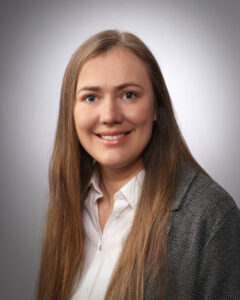
The writer is a Project Researcher at the Digital Economy Research Platform.
